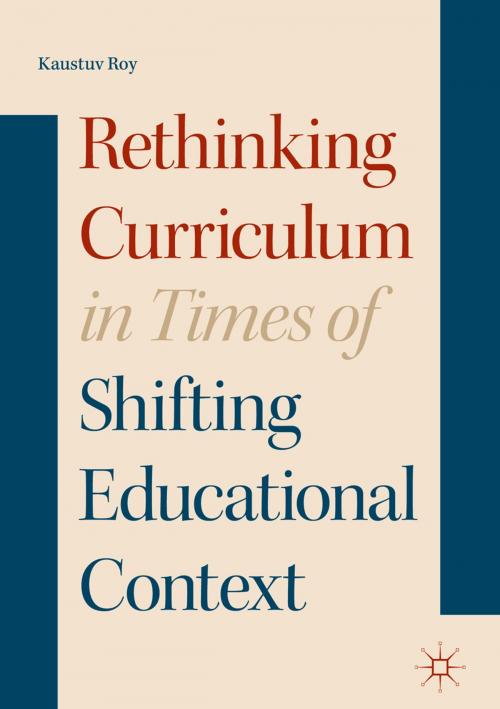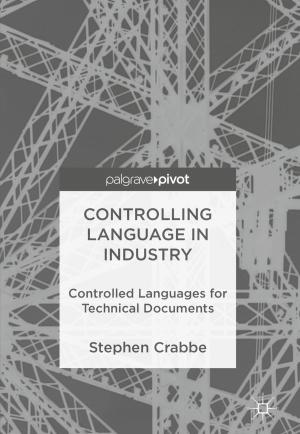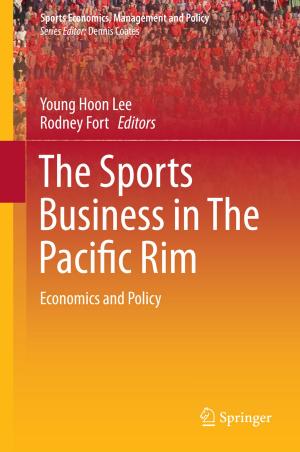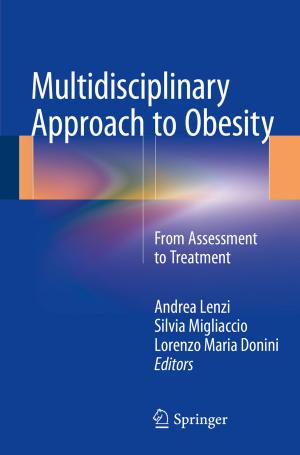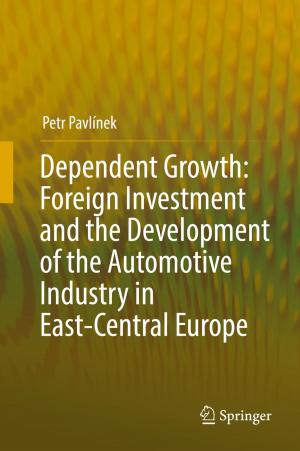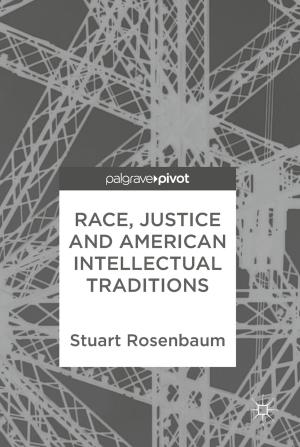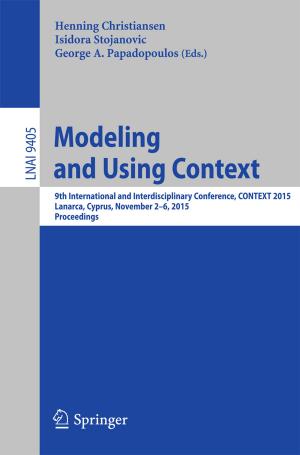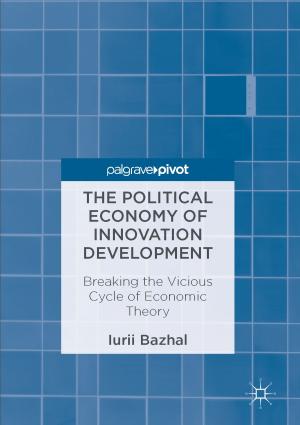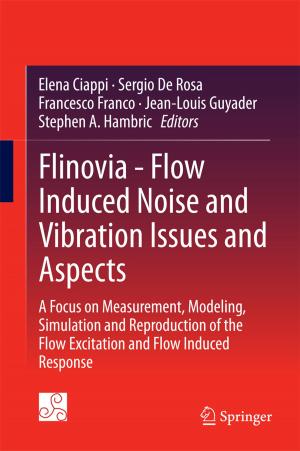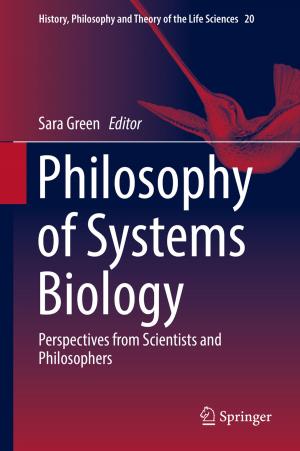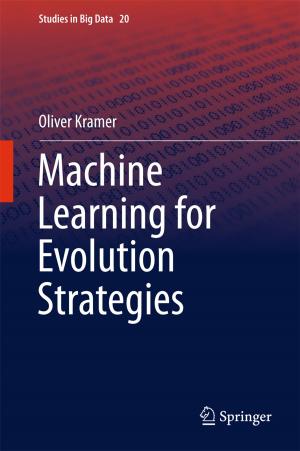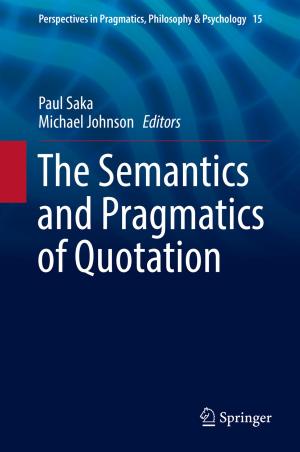Rethinking Curriculum in Times of Shifting Educational Context
Nonfiction, Reference & Language, Education & Teaching, Educational Theory, Curricula, Educational Reform| Author: | Kaustuv Roy | ISBN: | 9783319611068 |
| Publisher: | Springer International Publishing | Publication: | July 25, 2017 |
| Imprint: | Palgrave Macmillan | Language: | English |
| Author: | Kaustuv Roy |
| ISBN: | 9783319611068 |
| Publisher: | Springer International Publishing |
| Publication: | July 25, 2017 |
| Imprint: | Palgrave Macmillan |
| Language: | English |
This book engages with the dynamic intersection of several domains such as philosophy, psychology, sociology, and pedagogy, in order to critically analyze and reinvent our understanding of curriculum. The chapters raise important questions such as: what are the conditions of possibility for a living curriculum in which Eros and intellect (or reason and intuition) are not separated? How is it possible to escape ideology that keeps us bound to defunct categories? What are the ingredients of an inquiry that is able to grasp curriculum as an expanding interpersonal movement? How do the teacher-learner ensemble get creatively constituted beyond obstructive dualities? How can we reinvent meaning in curriculum without totalization? Which indigenous understandings can be recovered in order to reinvent curriculum with greater relevance for diverse peoples? This volume addresses elements of reason, nonreason, becoming, dissipation, violence, uncertainty, transcendence, love, and death in order to come to a critical understanding of the relationship between knowledge and knower from these multiple perspectives.
This book engages with the dynamic intersection of several domains such as philosophy, psychology, sociology, and pedagogy, in order to critically analyze and reinvent our understanding of curriculum. The chapters raise important questions such as: what are the conditions of possibility for a living curriculum in which Eros and intellect (or reason and intuition) are not separated? How is it possible to escape ideology that keeps us bound to defunct categories? What are the ingredients of an inquiry that is able to grasp curriculum as an expanding interpersonal movement? How do the teacher-learner ensemble get creatively constituted beyond obstructive dualities? How can we reinvent meaning in curriculum without totalization? Which indigenous understandings can be recovered in order to reinvent curriculum with greater relevance for diverse peoples? This volume addresses elements of reason, nonreason, becoming, dissipation, violence, uncertainty, transcendence, love, and death in order to come to a critical understanding of the relationship between knowledge and knower from these multiple perspectives.
